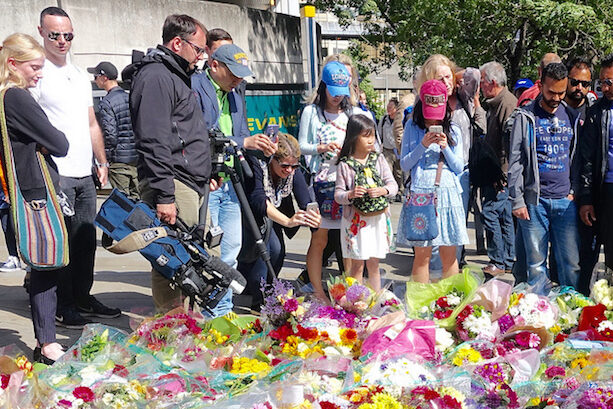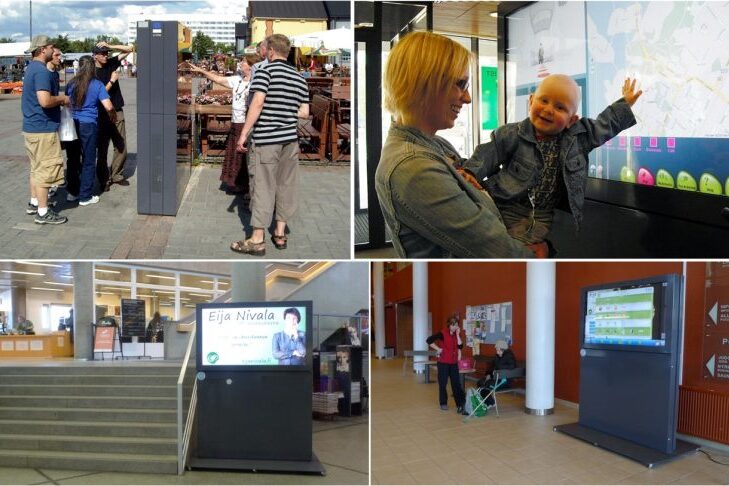Tag: ISIS
News
- Articles from Policy & Internet
- Books
- Call for Papers
- Child Safety
- Collective Action
- Conferences
- Democracy
- Development
- Economics
- Education
- Environment
- Ethics
- Governance & Security
- Health
- Interviews
- Mapping
- Methods
- Policy
- Politics & Government
- Publications
- Social Data Science
- Submissions Closed
- Tools
- Video
- Wellbeing
-

We should pay more attention to the role of gender in Islamist radicalisation
—
in InterviewsUnderstanding how men and women become violent radicals, and the differences there might be between…
-

Assessing the Ethics and Politics of Policing the Internet for Extremist Material
Exploring the complexities of policing the web for extremist material, and its implications for security,…
